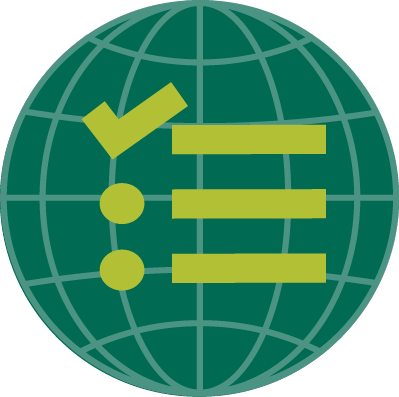Enrolment options
There is currently a strong momentum for the strengthening of the local pharmaceutical sector in developing and emerging markets. Regional and national strategies to promote local pharmaceutical production in line with international standards are being developed. Besides 'modern' or 'western' medicines, this also includes herbal and traditional medicines - in line with their increasing popularity and market shares worldwide.
While the rationale for local production is simple - including factors such as independence from donor programmes which may not run forever, more steady supply chains, and greater control to local regulators - there is still a long way to go and markets are tough... Local companies, especially in low and middle income countries, often face substantial hurdles.
One of the big challenges is the lack of a qualified human resources base in the manufacturing sector of medicines and other healthcare products. In particular, there is need for skilled personnel for quality units (quality assurance, quality control) and other GMP relevant areas. Costs for bringing in experts from abroad are high. Combined with other challenges, local manufacturers often struggle to compete and even survive. Not being in line with international quality standards, they are prevented from passing WHO prequalification, participating in international tenders, and entering international markets.
Moreover, the national medicines regulatory agencies (NMRAs) of these countries experience a shortage too of qualified staff in GMP, GMP inspection and dossier evaluation. This creates difficulties for the NMRAs to enforce internationally acceptable regulatory requirements (including GMP standards) thereby preventing the availability of affordable quality generics for the majority of their low income population groups.
Traditional and herbal medicines have great potential and can enrich the modern medical landscape – given that they are safe, effective and quality-assured. Despite the requirement to follow GMP standards for production of traditional and herbal medicines, not all actively producing manufacturers, especially in developing countries, comply with international GMP standards - with potential serious consequences for the health of consumers.
This e-learning course introduces Good Manufacturing Practices for medicines and healthcare products, including herbal and traditional medicines. The course focuses on WHO GMP standards and requirements as one of the major GMPs. Course participants will learn about GMP requirements, including procedural, organizational and infrastructural aspects, as well as about the GMP inspection process. They will be able to critically analyse and implement basic GMP requirements in their daily working routine in the manufacturing and regulatory environment. The participants will practice course contents in quizzes, assignments, and discussion forums.
In the end, these capacity building measures in the area of GMP and GMP inspection will make participants from local manufacturers and national regulatory authorities better equipped for production and regulation of quality assured essential medicines and healthcare products, in line with national and international standards.
- Lead facilitator: Christina Foerg-Wimmer
